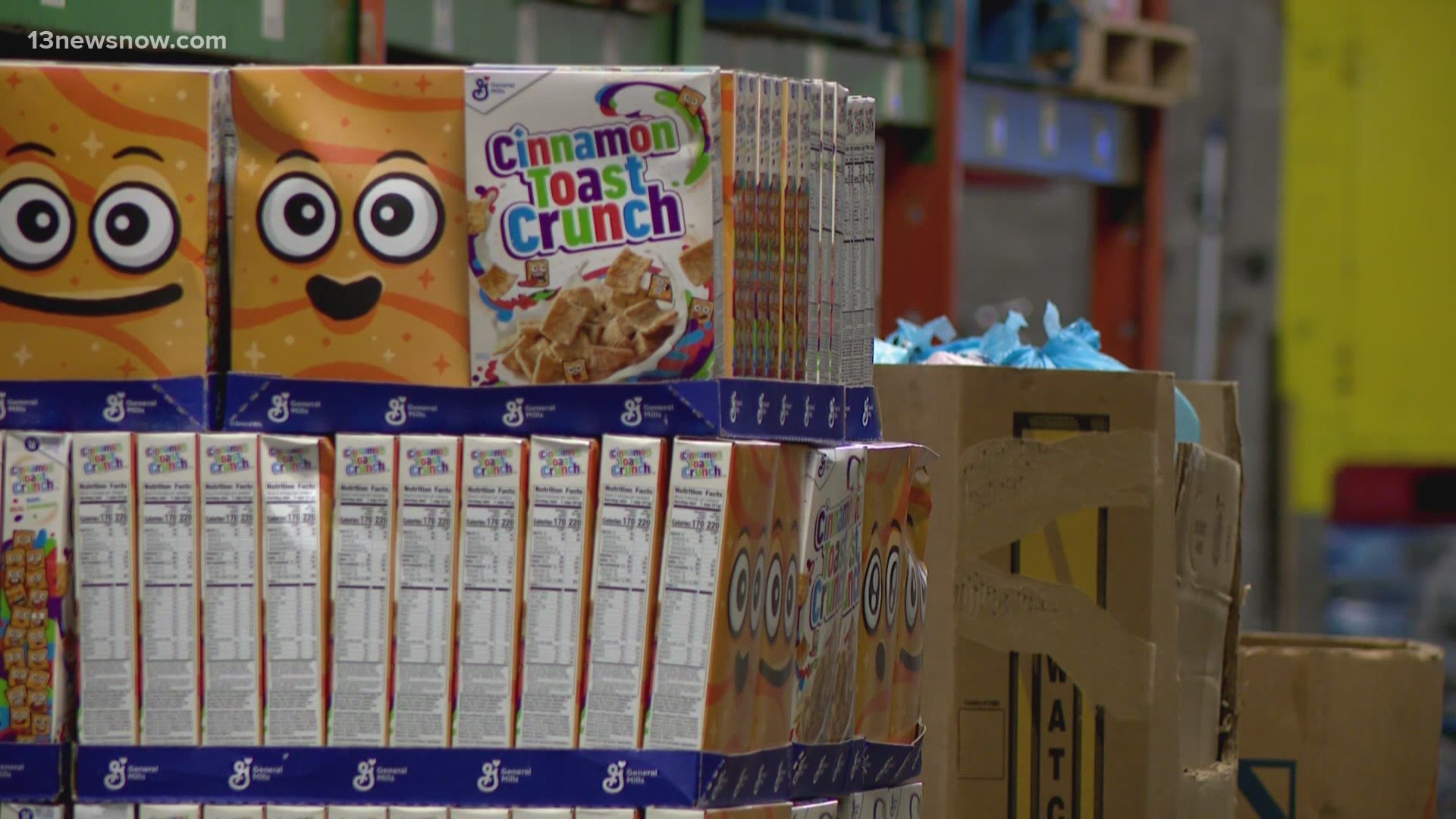WASHINGTON — Big trouble could be coming for many of the more than 40 million Americans who receive the Supplemental Nutrition Assistance Program (SNAP) benefits.
As COVID-19 restrictions ease, states are moving to end emergency or disaster declarations. This could mean a drop in aid for those who've struggled to put food on the table during the pandemic.
At $64 billion, it is the largest federally funded nutrition assistance program in the U.S. As of this March, more than 42 million people were participating in the SNAP program, according to the USDA. That's up more than 5 million from the year before.
Congress passed a 15 percent increase to SNAP benefits at the end of last year -- which has been extended -- but it will run out at the end of September.
"Millions of families who have benefitted from SNAP benefits increases will see them abruptly go away, no matter if their economic situation has improved or not," said Rep. Jehana Hayes (D-Connecticut).
At Monday's House Agriculture Subcommittee on Nutrition, Oversight, and Department Operations, she said that the rules should be modified.
"During times of crisis and after, SNAP and other federal programs should adjust to allow workers to gradually ease off of benefits until they are truly able to stand on their own. These programs should allow for flexibility to ensure benefits do not end abruptly and throw workers and their families back into financial turmoil."
An estimated 70 percent of adult, able-bodied SNAP recipients work in low-income restaurant, department store, or grocery store jobs. Walmart and McDonald's are the top employers of SNAP recipients.
Witnesses who testified Monday said SNAP supplies a crucial safety net for them.
"Work does not provide enough money to meet needs as basic as having enough food to feed their families," said Tikki Brown, Assistant Commissioner of Children and Family Services, Minnesota Department of Human Service.
Added Bradley Hardy, Associate Professor, School of Public Affairs, Department of Public Administration & Policy, American University: "SNAP provides critical economic assistance for America's families with a real economic return on investment."
Another major problem: the so-called "benefits cliff."
It happens when small increases in income -- like a hike in the minimum wage -- make someone ineligible for essential public benefits, like SNAP.

